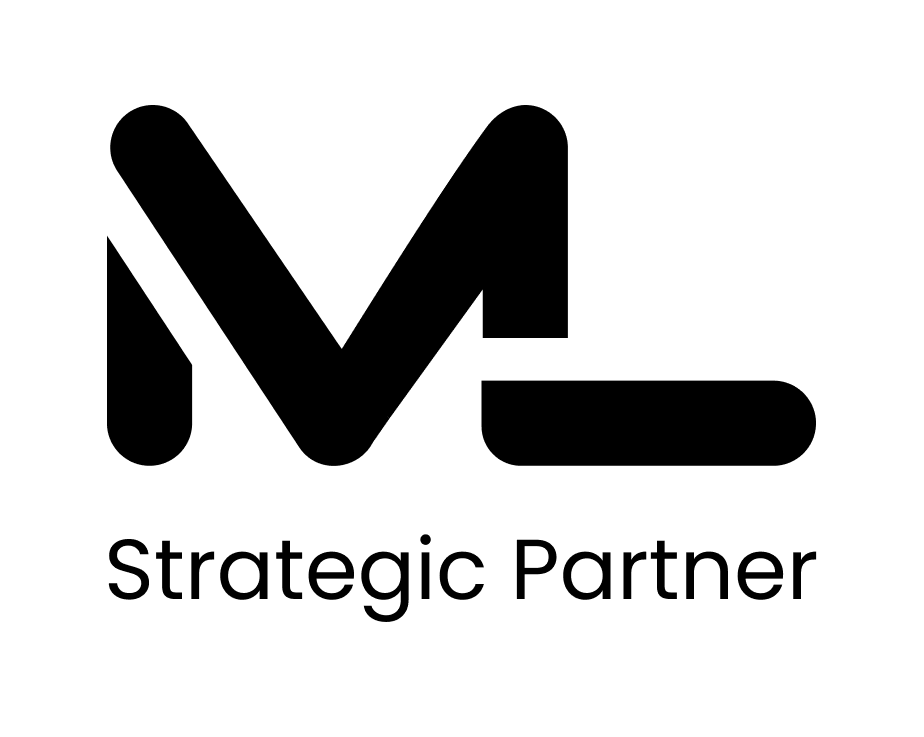Bio-hacking, the end of Jolt, and the future of retail
A few years ago I wrote a short essay about “Flow” and how the ideas in that book apply to a world where mobile computing enhances every moment of our lives. I never published it or anything, just showed it to a few friends. However, I did mention those ideas in my first post this year where I said that photo-sharing apps (and other “time-wasters”) are giving people a false sense of productivity and hence happiness.
My point is that mobile computing is going to make us happier, assuming Mihaly’s book is true. We can maximize the output of our day, improving our knowledge about things that interest us, and also ourselves. Apps that allow us to track (or check-in) to routines or habits -- like Lift, backed by Evan Williams -- are becoming very common and fairly popular. Even smarter tools like the products Nike has been pumping out for iOS users, or some of the new health care applications that can track all sorts of data about your body, are getting enough traction today that one can easily envision them becoming part of mainstream medicine within a few years.
Bio-Hacking
Along with all this new technology, an avalanche of information about diet and health has been hitting the bookstores and blogs for the past decade. And it’s only getting better/worse(?). One of my favorite sites, the bulletproof executive, comes right out and says they update the site every few months at new breakthroughs occur (and are hopefully confirmed). This trend have a new name, that’s “bio-hacking” or the idea of hacking our own bodies to improve productivity at home, at work, in the bedroom, on the field, etc.
Are the days of Jolt-powered nerds at an end? It looks like it, sort-of. While there will always be the more cosmopolitan nerd who craves espresso romano, wine, and gourmet cheese -- yours truly ;-) -- the impact of a new generation of super-nerds who are hacking software AND their bodies could be something incredible. Most people will go through a super bio-hacking phase, and return to a better (though not totally ideal) lifestyle. However, the interest in itself means we’ll see more and more software integrating with our lifestyle goals, helping us overcome craving for example, or somehow infusing us with positive reinforcement when embarking on the challenging endeavor to break.. um create new habits.
How this will impact marketing
Data will become more accurate and more specific, of course. Imagine we have these really awesome applications which “speak” to machines at retail shops, and instead of promoting whatever junk-food is the craze… it knows we are on diet (it should even know what our streak is) and it recommends we purchase items that support that diet. Great right!? Furthermore, with the right technology installed at the store your software could be alert when you veer too close to say… the ice-cream, sending some kind of notification that “hey, you should get some apples” or “if you are craving something cold and sweet, why not a fruit popsicle!” You get the idea.
This could transform the image of many retailers, and could really improve the happiness of millions.
